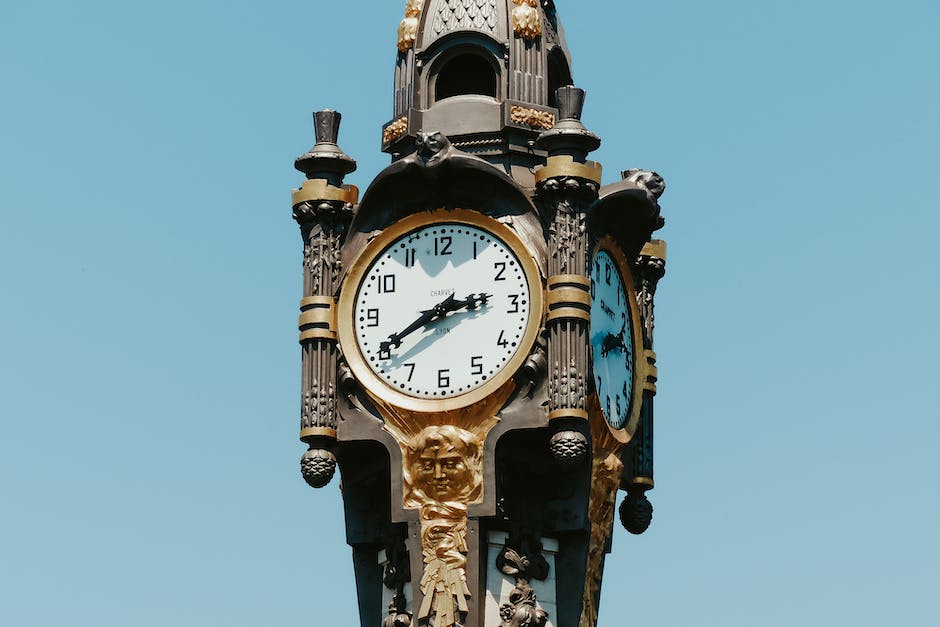In a stunning revelation, the CEO of Clearview AI has admitted that law enforcement has used the company’s facial recognition database a staggering one million times since 2019. This confirmation from CEO Hoan Ton-That comes on the heels of numerous reports that the technology is used by police departments across the country, sparking a public outcry over privacy concerns.
Clearview AI’s facial recognition technology consists of a massive database containing over 3 billion images scraped from a variety of sources, including social media platforms and public websites. Unlike traditional biometric methods, Clearview AI’s database contains images of non-consenting people, leading many experts to call it a “massive violation of privacy.”
Since its debut, Clearview AI’s technology has been shrouded in controversy, with many pointing out its potential to infringe upon civil liberties. Recently, San Francisco banned the use of facial recognition by government entities, citing the technology’s potential for misuse. The state of Illinois also passed a similar bill prohibiting the use of facial recognition by law enforcement.
However, despite the backlash and legal challenges, law enforcement departments across the US have continued to make use of Clearview AI’s database. In an interview with WIRED, CEO Hoan Ton-That revealed that the company’s technology has been used by police departments over 1 million times since its launch. This revelation has further stoked the controversy, with some calling for the company to be held accountable for any potential misuse of the data.
Clearview AI’s technology has been touted as a tool for fighting crime. However, with mounting evidence of potential abuse, many are calling for a more stringent regulatory framework to ensure that the technology is not being misused or mistreated.
The proliferation of facial recognition technology has sparked a national debate over privacy rights, and it is clear that the public is not ready to relinquish its right to privacy. In the coming years, it is likely that lawmakers and civil rights activists will continue to grapple with the implications of the technology, and work to ensure that it is used responsibly.
Hey Subscribe to our newsletter for more articles like this directly to your email.
